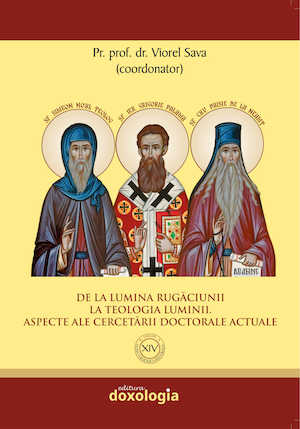Implicații bioetice în intervențiile medicale specifice persoanelor transgender
Bioethical implications of transgender-specific medical interventions
Author(s): Ionuț-Paul Anea
Subject(s): Gender Studies, Sociology, Theology and Religion, Health and medicine and law, Sociology of Religion, Psychology of Religion
Published by: Editura Doxologia
Keywords: transgender people; hormone therapies; genital surgeries; specific psychotherapies; sexual integrity;
Summary/Abstract: In the desire for an anatomical conformation to the gender that certain transgender people claim to have, they resort to modern medical technology. These interventions mainly refer to hormone therapies, genital surgeries and specific psychotherapies. The principles of Christian bioethics that aim at the uniqueness and integrity of the human person, his dichotomous structure, his psycho-physical well-being are the basis for accepting or not any medical intervention on the human person. Mainly, Christian bioethics considers a few references: the cause, the way and especially the purpose for which a person requests or requires a certain medical act. Christianity has always viewed with aversion and canonically sanctioned any mutilation of the person's body, the famous case of the castration of Origen being well known. Preserving bodily sexual integrity is a Christian bioethical principle, given the sacredness of the human body, "the temple of the Holy Spirit" (I Cor. 6:19). Interventions that can be accepted aim at the same principles that reject unnatural medical interventions. The cause that determines the desire for such an intervention is pursued, if this cause is a just one and in accordance with Christian ethics; likewise, the way in which it is intervened, as well as the purpose for which it is intervened, being accepted only the therapeutic medical interventions, those interventions that seek to restore the affected psycho-physical health (for example, reparative surgery of genital malformations).
- Page Range: 187-200
- Page Count: 14
- Publication Year: 2022
- Language: Romanian
- Content File-PDF

